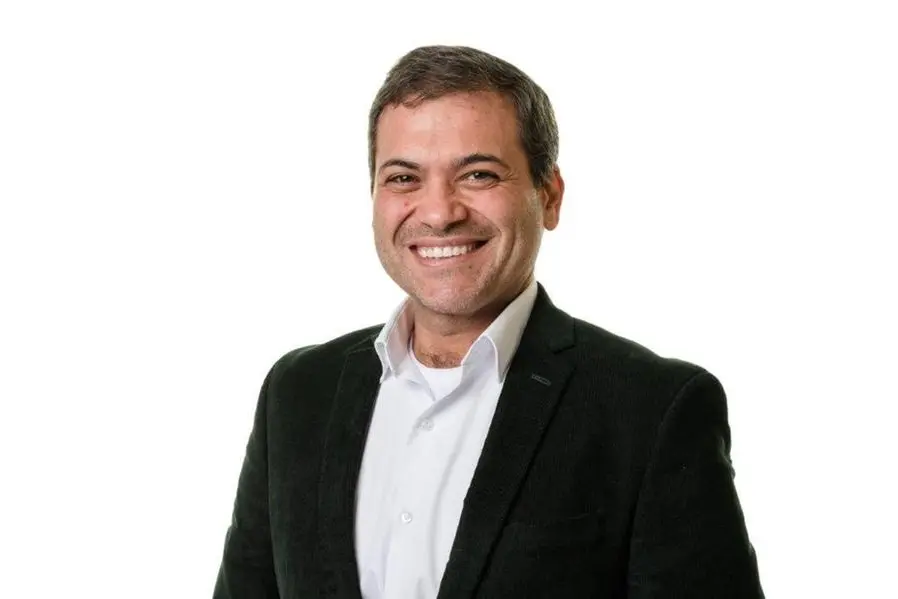PHOTO
Dubai, United Arab Emirates: As the global need for sustainable finance continues to surge, the GCC is using it as a critical lever for economic diversification and progress towards achieving net-zero targets. A new report by KPMG Lower Gulf and First Abu Dhabi Bank (FAB) found that sustainable finance has a pivotal role in driving economic growth, job creation, and diversification across the GCC. The report, titled ‘The Sustainable Finance Imperative’, examines how climate-smart investments, estimated to total $23 trillion across emerging markets, and other instruments are reshaping the region’s economic future. Launched on the sidelines of Abu Dhabi Sustainability Week, the report emphasizes how sustainable finance is key to addressing global climate goals and fostering long-term resilience in the region.
The report outlines how the GCC’s focus on green investments is projected to contribute up to $2 trillion to regional GDP by 2030, primarily through sectors such as renewable energy and sustainable infrastructure. FAB, the UAE’s largest bank, has facilitated AED 216 billion in sustainable and transition financing projects — 43% of its 2030 target of AED 500 billion — as ESG-focused financing is driven by clear client demand.
Green investments are expected to create over one million jobs by the end of the decade, with the UAE already committing $16.8 billion toward renewable energy initiatives. CEOs in the region increasingly recognize the value of ESG-driven strategies, with 56% expecting significant returns from sustainability investments within the next five years, signalling a shift in corporate priorities towards long-term resilience. The findings of this report come at a crucial time as the region ramps up its efforts to combat climate change and shift to a low-carbon emission environment.
Fadi Al Shihabi, Partner and ESG Services Leader at KPMG Lower Gulf, said: “This report illustrates how sustainable finance is not only transforming the GCC’s economic landscape but is also creating critical opportunities for diversification and value creation. As the region transitions to a low-carbon economy, financial institutions and policymakers must collaborate to leverage these opportunities and build a more sustainable and resilient future.”
The report provides detailed insights into how financial instruments facilitate the merging of ESG principles across the GCC’s transition. Flagship projects such as the Mohammed bin Rashid Al Maktoum Solar Park in the UAE and the NEOM Green Hydrogen project in Saudi Arabia are leading examples of how sustainable finance is enabling large-scale, climate-resilient developments. These projects show the transformative potential of green finance for environmental and economic goals, positioning the GCC as a leader in the global energy transition. The GCC is set to capitalize on emerging climate-smart investments further, with sustainable projects set to drive GDP growth and create substantial employment opportunities, especially in the renewable energy and infrastructure sectors.
The report also emphasizes the critical role of sustainable finance in attracting foreign direct investment (FDI) and fast-tracking economic diversification. By aligning financial flows with national sustainability strategies, the GCC is establishing itself as a global leader in sustainable finance.
For more details and insights, the full report can be viewed and downloaded here: The Sustainable Finance Imperative
About FAB
Headquartered in the United Arab Emirates, First Abu Dhabi Bank (FAB) is one of the world’s largest and safest financial institutions, with total assets of AED 1.2 trillion (USD 335 billion) as of end-September 2024 and a credit rating of Aa3/AA-/AA- from Moody’s, S&P and Fitch respectively, with a stable outlook.
FAB provides financial services and expertise across five business units – Investment Banking, Corporate and Commercial Banking, Consumer Banking, Private Banking, and Global Markets – through an international network that covers 20 markets worldwide.
Listed on the Abu Dhabi Securities Exchange (ADX), FAB is a leading Islamic finance provider and a pioneer in sukuk issuance offering comprehensive Shari’ah-compliant products. FAB is also a regional leader in sustainability, with an MSCI ESG rating of ‘AA,’ and ranked among the top 10% of banks globally according to Refinitiv’s ESG scores. The bank also received a regional-best Low ESG Risk evaluation from Sustainalytics, and the highest CDP score among UAE banks. FAB currently chairs the Net-Zero Banking Alliance (NZBA) Steering Group and was the first GCC bank to join the UN-convened organisation in 2021.
For more information, visit: www.bankfab.com.
About KPMG
KPMG is a global organization of independent professional services firms providing Audit, Tax and Advisory services. KPMG is the brand under which the member firms of KPMG International Limited (“KPMG International”) operate and provide professional services. “KPMG” is used to refer to individual member firms within the KPMG organization or to one or more member firms collectively.
KPMG firms operate in 145 countries and territories with more than 236,000 partners and employees working in member firms around the world. Each KPMG firm is a legally distinct and separate entity and describes itself as such. Each KPMG member firm is responsible for its own obligations and liabilities.
KPMG International Limited is a private English company limited by guarantee. KPMG International Limited and its related entities do not provide services to clients.
For more detail about our structure, please visit home.kpmg/governance.
For media inquiries, please contact:
Sara Seggari
kpmgpr@bpggroup.com




















